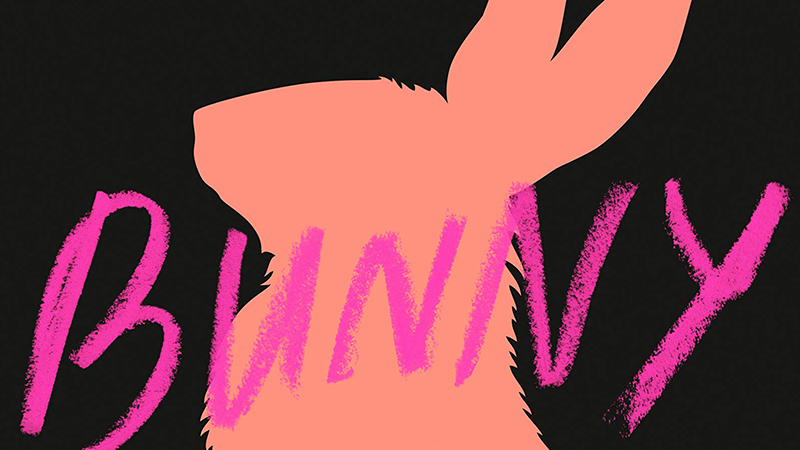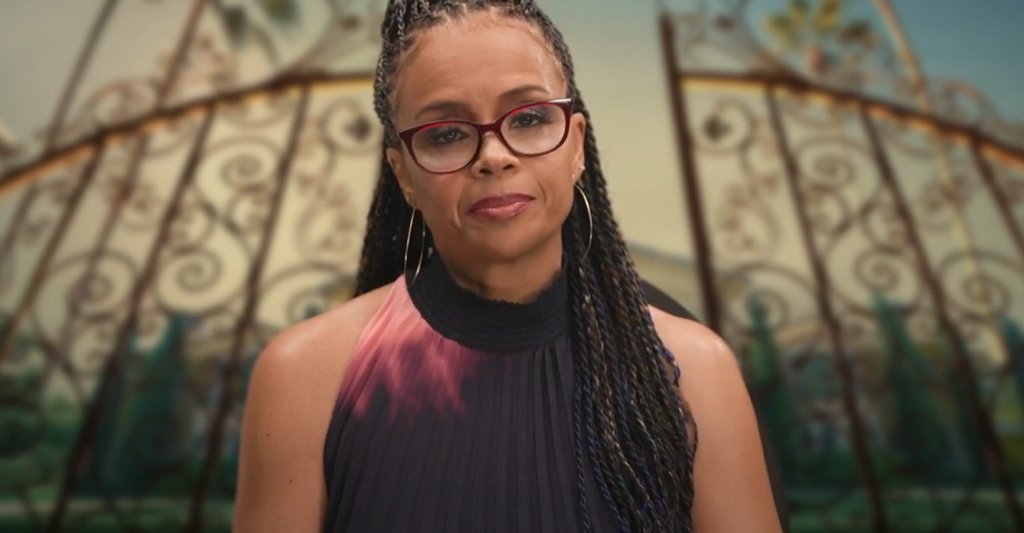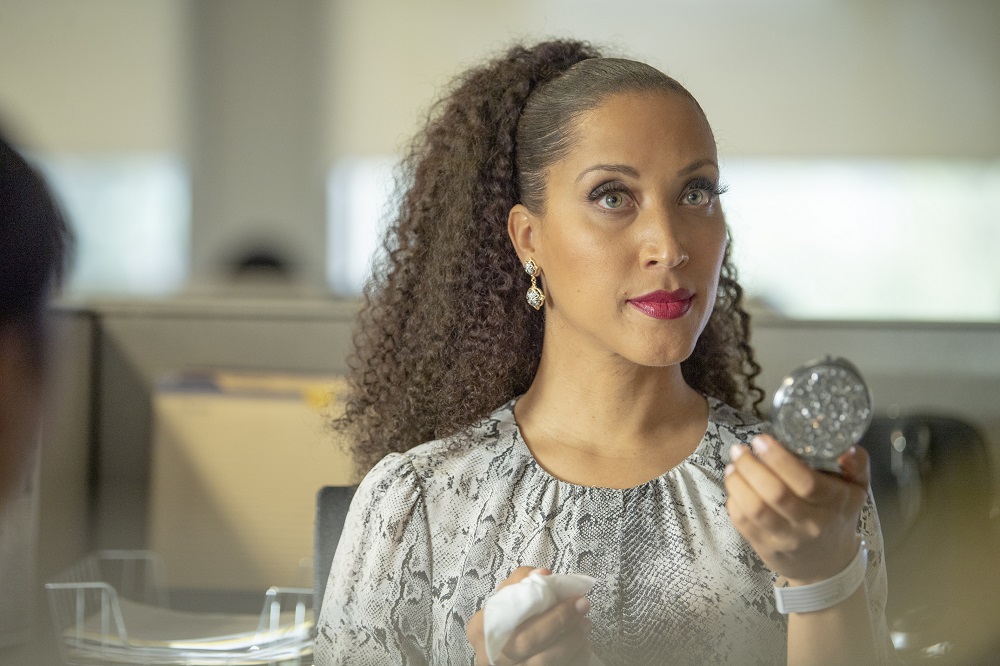“Bunny” won’t hit shelves until June 11, but the novel is already being developed for the small screen. AMC Networks acquired the rights to Mona Awad’s book about a creative writing student with a “dark imagination,” Deadline reports. Playwright Megan Mostyn-Brown is attached to pen the pilot as part of her overall deal with the network.
Set to be released by Viking, an imprint of Penguin Random House, “Bunny” tells the story of Samantha Heather Mackey, an outsider in her small, highly competitive MFA program at New England’s Warren University. The scholarship student is “utterly repelled by the rest of her fiction writing cohort — a clique of unbearably twee yet menacing rich girls who call each other ‘Bunny,'” the source summarizes. “When Samantha receives an invitation to the Bunnies’ fabled ‘Smut Salon,’ everything suddenly changes and she finds herself inexplicably drawn to their front door — ditching her only friend, Ava, in the process. As Samantha plunges deeper and deeper into the sinister yet saccharine world of the Bunny cult and starts to take part in their ritualistic off-campus ‘Workshop,’ the edges of reality begin to blur, and her friendships with Ava and the Bunnies are brought into deadly collision.”
The book has earned comparisons to violent coming-of-age dark comedy “Heathers” and occult thriller “The Craft,” thanks to its “riveting exploration of women, relationships, desire, and the creative and destructive power of the imagination.” Awad has described it as a fusion of fairy tale and horror.
Awad won the Amazon Best First Novel Award, the Colorado Book Award, and was shortlisted for the Giller Prize and the Arab American Book Award for her debut book, “13 Ways of Looking at a Fat Girl.” The collection of short stories chronicles a woman’s relationship with her body — and society’s reaction to it.
“Stories are everything,” Awad has said. “Stories are what we do every day. We tell each other stories. We tell ourselves stories. We tell stories to explain ourselves to other people, or to explain ourselves to ourselves. We tell stories to defend ourselves. We tell stories to be understood. We tell stories to deal with grief, to deal with pain, to deal with emotional events in our lives that we can’t wrap our heads around. We tell stories for fun. It’s such a basic impulse of humans, to tell stories. I’ve always loved it because there is so much just in experiencing other people, and just in living daily life that I want to reflect on, and stories let me do that.”
Mostyn-Brown’s plays include “Going After Alice,” “Nora Gets a Boyfriend,” and “Nancy Blue: Girl Detective.” “NOS4A2” and “Gotham” are among her TV credits.







